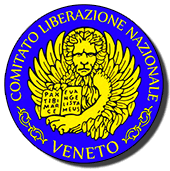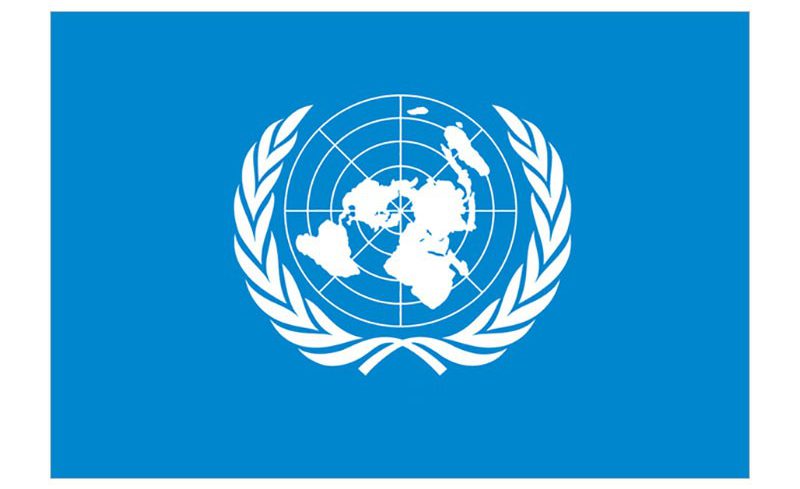The subjects of international law recognized by the jurisprudence are five:
– THE STATES
– INTERNATIONAL ORGANIZATIONS (UN)
– THE SUBJECTS “ON THE GENERIS” (State of the Vatican, The Sovereign Order of Malta, International Committee of the Red Cross)
– INSORTS
– MOVEMENTS OF NATIONAL LIBERATION
Unlike the insurrectionary movements, for the recognition of international status to the
national liberation movements there is no need for effective control over the territory. In many cases, in fact, it happens that these are hosted by neighboring states and from here they conduct their battles. Obviously the final objective of the movements is the acquisition of authority over the territory, therefore the territorial element acquires importance, but in perspective. In order to acquire international status, however, the movements need an organizational apparatus capable of managing international relations as required by Article 1.2 of the Additional Protocol to the 1977 Geneva Convention.
Among the customary rules applicable to national liberation movements there are, in addition to the right to self-determination of peoples, also the right to stipulate international treaties and are recipients of the rules on the protection and immunity of individuals who act on their behalf.
The recognition of insurgents or national liberation movements must not be confused with the recognition of belligerence that can only be carried out when insurgents have acquired effective control of the territory and have, once the civil war is won, the possibility of establishing a State effective with organizational and responsibility systems. With the recognition of belligerence to the movement of the insurgents an international status is attributed and the civil war must be subject to the rules of international law.
To be recognized by international law, an insurrectional group must have the approval of other states. This derives mainly from the behavior of the State in which the insurrection takes place. In fact it is much more likely that the movement will be recognized in the international status when there are people from other states in the permanently occupied and ruled by the movement. Another possibility of the insurgent groups to obtain this status is the ideological-political-religious line, but also of military collaborations that they may have with other states.

